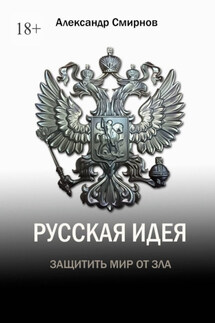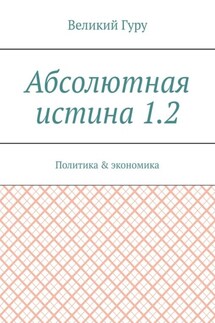Размышления женщины о геополитике - страница 24
Co-operation between tax administrations is critical for promoting transparency. On 19 April 2013, the G20 Finance Ministers and Central Bank Governors endorsed automatic exchange of tax information. Global tax transparency agenda was further enhanced in 2014 when under the mandate from the G20 the OECD developed the global Common Reporting Standard (CRS) for Automatic Exchange of Information (AEOI), which 101 jurisdictions have now committed to implement, with the first such exchanges to begin by 201769.
The Standard provides for annual automatic exchange between governments of financial account information, including balances, interest, dividends, and sales proceeds from financial assets, reported to governments by financial institutions and covering accounts held by individuals and entities, including trusts and foundations. Countries have already identified almost 55 billion euros in additional revenues through voluntary disclosure programmes and other initiatives targeting offshore evasion70. Finally, 31 countries signed the Multilateral Competent Authority Agreement (MCAA) for the automatic exchange of Country-by-Country reports as part of continuing efforts to boost transparency by multinational enterprises (MNEs) on January 27, 2016.
Russia’s anti-offshore package
Recently, Russia has joined international efforts in fighting offshore tax evasion. Though the country’s economy has been hemorrhaging due to offshore tax evasion since 1990s, Russia could not start combating tax havens unilaterally.
According to Russia’s Bank for Foreign Trade (Vnesheconombank), offshore companies had become one of the main channels of capital flight from Russia abroad since the beginning of liberal economic reforms. Russian businesses have begun actively using offshore jurisdictions since the 1990>th. Most of Russian firms established offshore companies in European countries and especially in the Isle of Man (UK), Cyprus, Gibraltar, Ireland, Switzerland and Liechtenstein. Offshore structures of Russian business are, first of all, centers for concentration profits which are generated in Russia but they evade from paying taxes there and serve as reliable «vaults» for fortunes of Russian «oligarchs» received both by legal and criminal means71.
The IMF highlights the main channels of illegal capital flight from Russia which «have included (i) under-reporting of export earnings, including through transfer pricing schemes; (ii) overstatement of import payments, including through fake import contracts for goods and services; (iii) fake advance import payments; and (iv) a variety of capital account transactions, often effected through the correspondent accounts of nonresident banks with Russian banks»72.
The Global Financial Integrity report (GFI) traces illicit financial flows (IFF) from developing countries in 2002—2013. Unfortunately, Russia was among top countries hit by illegal flows. Three emerging markets – China with cumulative illicit financial flows of $1.4 trillion during 2002—2013, Russia with more $1 trillion and Mexico with $528 billion – were worst hit by IFF73. The GFI report (January, 2014) stated that «approximately 61% of Russia’s $403 billion in outward foreign direct investment (FDI) is held in tax havens and the amount of FDI coming into Russia is also dominated by tax havens. Approximately 53% of FDI invested in Russian companies comes from entities located in tax havens»







